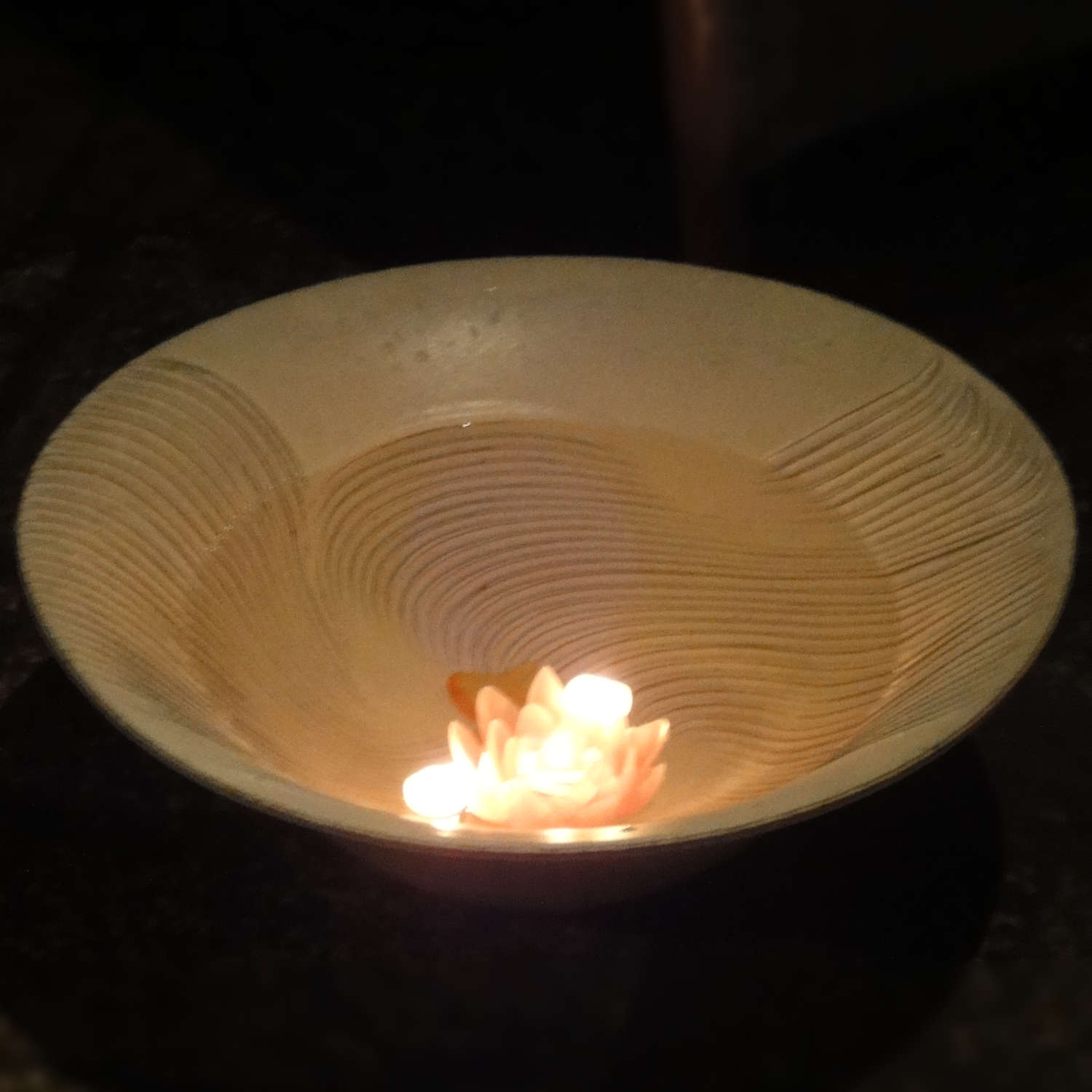I originally wrote this piece for a different blog during my first year studying abroad in Kyoto in 2011-12.

In early October my grandfather passed away. When he was diagnosed with leukemia a year before, my family and I prepared ourselves for his death. That is until his therapy suddenly showed results in spring and he brimmed with new optimism. Then in October his condition suddenly worsened and he was delivered to the hospital. My mother sent me an email urging me to call him from Japan, no matter what it would cost. I called him the next afternoon (still morning in Germany). He was reticent as always on the phone but cheered up when I told him that I had finally learned how to ride a bicycle. Cycling used to be one of his passions and it must have grieved him that I had never properly learned how to do it. The call ended after four minutes. Probably the most important four minutes I should end up spending with him. For he died three days later. It was related to me that he mentioned my call several times in these three days. It really mattered to him that I had called him. His condition seemed to be improving daily – until he unexpectedly drew his last breath during the night. He moved from one phase of sleep to another, deeper one.
I couldn’t believe it. I couldn’t imagine it. No one in my grandparents’ generation had died yet. I was thousands of kilometers and an expensive twelve-hour flight away. I felt I couldn’t really do anything. The phone line transmitted the grieved voices of my mother and of my grandfather’s wife, but the feeling did not get through to me. Was I cold and unfeeling? It upset me to be so far away from the scene. I had only arrived in Japan less than a month ago and did not feel like hopping on a last-minute plane to Europe at all. My family assured me I did not have to come to the funeral. I saw pictures of his corpse peacefully lying in the prepared coffin, but it did not change my feelings. I asked myself the following: was the physical distance simply an excuse that I made up in order to deny a personal distance that I did not like to acknowledge? If this were the case, attending the funeral would be nothing but compensation for my own sake. But this, too, could be an excuse for not going, not confronting death.
In the end, I stayed in Japan, and I have come to take a more empathetic stance on myself. Everyone reacts differently to extreme situations and expresses grief differently. I felt pressured to feel exactly like other members of my family. My life goes on uninterruptedly without my grandfather, but that does not mean my feelings for him were any less genuine. In fact, in the last few weeks, I have realized how much I respected him and how important a role he played in keeping my family together. Family gatherings will be odd without him.
I was surprised to find out how many other exchange students made similar experiences. I had thought that in not being able to attend my grandfather’s funeral I was facing an extraordinarily unlikely situation. However, many people I talked to could empathize and told me similar stories of just a few weeks, months, or years ago.
But what really made a difference to how I felt about my grandfather’s death was a spontaneous idea. He had been dead for ten days and that day his body was to be cremated in the company of his closest family. So I made up my mind to participate in the cremation by enacting it here in Kyoto. I wrote his name on a slip of Japanese paper, the kind of paper that is so pretty that it is easy to get attached to it and to end up not using it. I invited a friend from my dormitory along who had lost her grandfather under similar circumstances and we made our way to the nearby Kamo River in the dark. The evening sky was clear and there was a cold breeze. We silently walked along the river until we found a suitable place, at a platform next to a small confluence. I took out the piece of paper that was to symbolize my grandfather’s corpse and a lighter that I had borrowed. My friend shielded the piece of paper from the wind while I was trying to set it to fire. The fire finally caught on and I let go of the slip, let go of my grandfather. It floated down in the air and by the time it touched the surface of the water, nothing but a spark was left of it. I felt content and at peace.